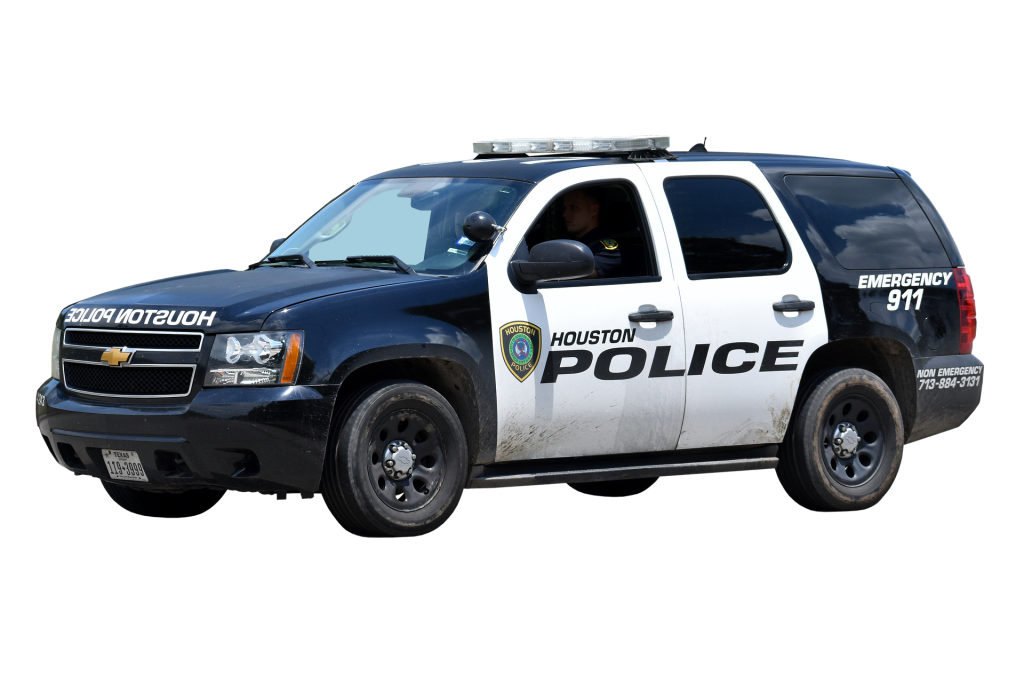
Image Credit: Pixabay
By Saul Roth
Naturally, police officers may be confronted with dangerous situations. While this is infrequent, there is more for a police officer to accomplish before this danger might occur. Police officers are usually in a patrol cars answering calls for service. They go from one call to the next. The number of calls taken is determined by how busy the area is and the time of day, and these calls can be of all different natures. There are many vehicle accidents and domestic disputes. In between these calls are added assignments and other disputes, leaving the police officer constantly working and dealing with stress. I believe Violanti’s (2010) comparison of these three professions suggests that the suicide problem is prevalent among police officers.
Because the NYPD is a larger police department, there are more suicides. Police suicides are not front-page news, but if you read the newspaper every day, after a while it will be noticeable that such occurrences are frequent. On October 31, 2103, the New York Daily News reported a New York City police officer that shot himself to death in his car near the precinct where he worked. The report stated that none of his co-workers noticed any signs of distress. He was a sergeant that was about to be promoted and transferred. The news report stated that the NYPD is very concerned about police suicide and that the precincts have posters informing officers to seek counseling if needed. Though police departments are recognizing the problem, are the departments it is not clear they are doing enough. The police department tends to be very bureaucratic.
The New York Daily News reported on this police suicide again on November 3, 2013. The article quoted an anonymous NYPD doctor. The doctor said, “A cop suicide is usually not spontaneous. A troubled cop usually thinks about this for a while before coming to this decision, especially the cops who do it symbolically, like this one in front of the precinct. Or like the ESU cop back in 2008.” The Emergency Service Unit (ESU) officer was Lieutenant (Lt.) Michael Pigott. He ordered the taser of a schizophrenic man on a building ledge. The man fell to his death. Lt. Pigott was going through a lot of scrutiny from the NYPD and the newspapers. Eight days after the incident, Lt. Pigott drove from his Suffolk, Long Island home to his headquarters building and killed himself with a handgun in the building. He wrote a note that he would rather kill himself than allow his wife and three children see him in jail. After the suicide, NYPD brass related they doubt he would have been charged criminally, but Internal Affairs had threatened him with arrest during interviews
The NYPD article goes on to state that New York City firefighters receive physicals every year. NYPD officers do not. In a doctors office an officer might relate what is bothering him. The anonymous NYPD doctor stated:
Cops live dangerous, stressful lives. Most eat junk food, guzzle coffee and unwind with alcohol and cigarettes. The ones in high crime precincts need down time like combat soldiers. Cops go through the same financial, marital, and midlife struggles as everyone else. Only they see the worst of the city every day. And wear guns, which is a huge stressful responsibility. Not only should they be able to shoot a pistol accurately, but also they should be psychologically responsible to others. And themselves. If we can save one cop, like this latest one on Halloween, from suicide this way, it’ll be worth it.” (New York Daily News, 2013, p.?)
Moreover, police officers that commit suicide do not always just hurt themselves. The Queens Courier reported on June 6, 2013 that a NYPD police officer shot and killed his wife who was a school safety officer. After killing his wife, he turned the gun on himself and committed suicide. Neighbors related that the couple had some domestic problems. There is no domestic problem that should be so serious as to harm someone else or yourself. I have heard of several of these incidences in the past. The police departments not only have to concern themselves with preventing their officers from committing suicide, but they have to be concerned about officers harming members of their families and the general public.

Recent Comments